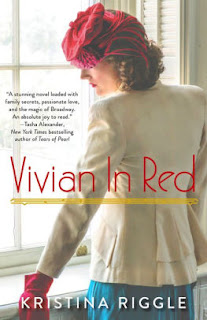 Casey Doran's second Jericho Sands book is The Art of Murder.
Casey Doran's second Jericho Sands book is The Art of Murder.Recently I asked the author about what he was reading. Doran's reply:
I recently finished Chuck Palahniuk’s Choke. I’ve actually read this book three or four times, but one of the things that I love about it is with every new pass, I find another element or device that I missed on previous reads. Choke features Palahniuk’s trademark style. No word is wasted. The story is minimalist and to the point, but still multilayered and complex. It also has one of my favorite opening lines:Learn more about The Art of Murder, and follow Casey Doran on Twitter.
“If you’re going to read this, don’t bother.”How do you not keep reading after that?
Victor Mancini narrates this gem. His voice isn't for the squeamish or the easily shocked. But he draws you in immediately. Victor is dynamic,damaged and has relationship issues that would make a lot of the stuff on Jerry Springer look tame. A washed up med student, Victor hustles cash from unsuspecting diners by pretending to choke on his meal, counting on some unsuspecting good samaritan to rush to his aid. Victor then manages to get these ‘marks’ to send him money, which he then uses to help pay for his mother’s mounting medical bills. When he’s not coning altruistic diners, he’s cruising sex addiction meetings and getting laid in a church bathroom. A true ‘anti-hero’, Victor is nonetheless relatable. At his core he’s merely a lost person trying find himself in an ever changing landscape.
My Book, The Movie: The Art of Murder.
The Page 69 Test: The Art of Murder.
--Marshal Zeringue



















































